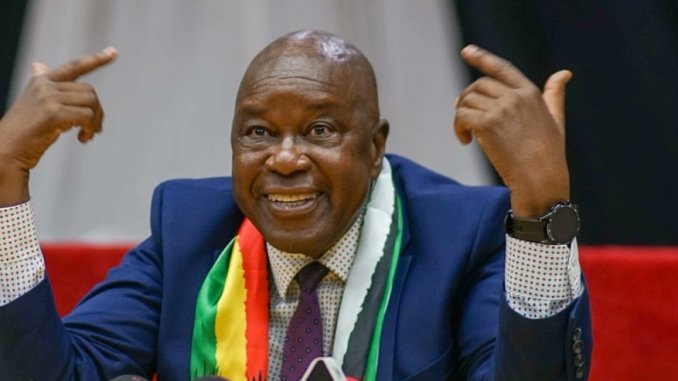Washington, United States – The Trump administration has ordered U.S. embassies worldwide to halt scheduling new student and exchange visa appointments while implementing expanded social media screening.
A total of 1,907 Zimbabweans enrolled for higher education in the United States of America for the 2023 to 2024 academic year, according to the embassy in Harare.
US Secretary of State Marco Rubio instructed consular offices to pause new F, M, and J visa appointments until updated vetting guidelines are issued.
While previously scheduled interviews will proceed, available slots have been withdrawn. The move is part of a broader review of screening procedures for foreign students and exchange visitors.
State Department spokesperson Tammy Bruce defended the administration’s approach, saying the U.S. will use “every tool” to vet anyone who wants to enter the United States.
“We will continue to use every tool we can to assess who it is that’s coming here, whether they are students or otherwise,” Bruce told reporters at a regular news briefing.
The policy aligns with President Trump’s hardline immigration agenda, which has increasingly targeted international students over political speech.
Officials have moved to deport visa holders for pro-Palestinian activism, calling it a threat to U.S. foreign policy. Critics argue the measures violate free speech protections under the First Amendment.
The suspension comes at a critical time for universities preparing fall admissions, raising concerns about delays for incoming students.
Education experts warn the stricter vetting could further reduce international enrollments, which have already declined in recent years.
The U.S. Embassy in Harare referred questions to Washington, while Zimbabwean student groups expressed worries over potential disruptions to academic plans.
The State Department cable noted that embassies should prioritize resources for U.S. citizen services and fraud prevention during the transition.
Once implemented, the expanded social media checks are expected to significantly slow visa processing times, requiring consulates to adjust staffing and workflows.




